It’s a different kind of bank that’s never impacted by a fall or rise in interest rates. Kenya’s sperm bank is a small but thriving system that never runs dry, literally speaking.
A sperm bank is a place where donors donate their sperm that can be used by an infertile couple to have children. Sperm banks are equipped with assisted reproductive health technology that ensures that fertile couples have a chance at getting pregnant.
There are currently only two facilities; one at the Kenyatta National Hospital which is facilitated through the University of Nairobi and the Fertility enhancement centre at the Nairobi hospital.
Young Kenyans desperate for money have become willing depositors for the sperm banks in return for cash.
Sperm donors are paid between Ksh10,000 and Ksh12,000, while the facilities sell to recipients at Ksh40,000 for intrauterine insemination and Ksh400,000 for IVF (in vitro fertilization), according to a report in the Standard on Sunday magazine.
Intrauterine insemination (IUI) is a fertility treatment that places sperm directly into the uterus. IVF, on the other hand, is the process of fertilization by extracting eggs, retrieving a sperm sample, and then manually combining an egg and sperm in a laboratory dish. The embryo is then transferred to the uterus.
In Kenya, sperm donation is not regulated by the law and donations are usually anonymous. The donor has no parental rights or obligations, the report says. In the united United Kingdom, a new law removed anonymity for all donors and thus donor offspring have a right to identify their genetic parent once they are 18-years-old. These, some news sources say, led to a decline in sperm donation.
How do you become a donor?
Donors are picked based on their physical characteristics because recipients usually want a close physical match, Dr Wanyoike Gichuhi, a consultant obstetrician and gynaecologist and fertility expert at the Nairobi Fertility Clinic, which conducts donations every three months, said in an interview with Standard.
Donors are screened for infectious diséases such as HIV, Hepatitis B, Chlamydia, Gonorrhea, and more, genetic and systematic diséases before giving a sample.
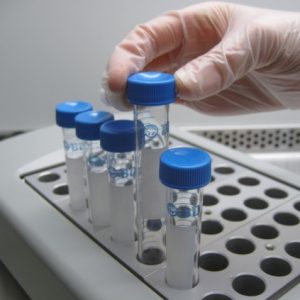
After the screenings, the donor stays without ejaculation for at least three days to produce good quality sperm. The donor ejaculates into a sterile cup through masturbation. The sample is them analysed to make sure it is of good quality. A good sperm has good movement, good count and good morphology – a normal sperm has an oval head with a long tail.
After the semen testing, the sample is frozen in liquid nitrogen for six months before being used, during which the donor is tested again at the third and sixth month for infectious diseases such as HIV.
Although there are no strict age requirements, majority of donors in Kenya are college students who are at the prime of their youth. People who don’t make the cut are the elderly, people with mental illness and smokers, as smoking can damage the sperm, Dr Gichuhi notes.
Read >> Kenyan men are the most faithful, says new report
Compensation is usually a small amount to cover the expenses of the donor during the whole process and is usually Ksh10,000-Ksh12,000. Although the recipients are usually couples and single women, sometimes there are cases where a couple doesn’t live together and the man decides to freeze the sperm for later use, so the couple can conceive without the hustle of travelling back and forth.
Recipients, the doctors say, are not usually very particular about the tribe of the donor, but they are when it comes to race. It is particularly hard to find donors of Asian and European descent.
“The donation is anonymous meaning that the donor will not know the recipient and the recipient will only know the basic characteristics of the donor such as height, complexion and age. One person can only donate three times,” Dr Gichuhi says.
See Also >> The lawyer who sells sex toys and happy to do so
To reduce the chances of accidental incest, one cannot donate sperms more than three times and sperm is often disposed of after about 10 years in the bank.
Sperm banks have become popular because of the needs of the modern man and woman who are either so career-focused or who drink too much ruining their fertility in the process or women who have always known that marriage is not for them but would love to have children.
In Kenya, the Assisted Reproductive Technology Bill that seeks to regulate the use of reproductive technology states that a person who has reached the age of 18 may get information whether he or she was conceived by means of assisted reproduction.
The donor offspring also has the right to know if the person he or she proposes to marry could be a relative. The bill, however, does now allow for the release of information regarding the identity of a person whose gametes (sperm or egg) have been used or from whom an embryo has been taken if the donation was anonymous.

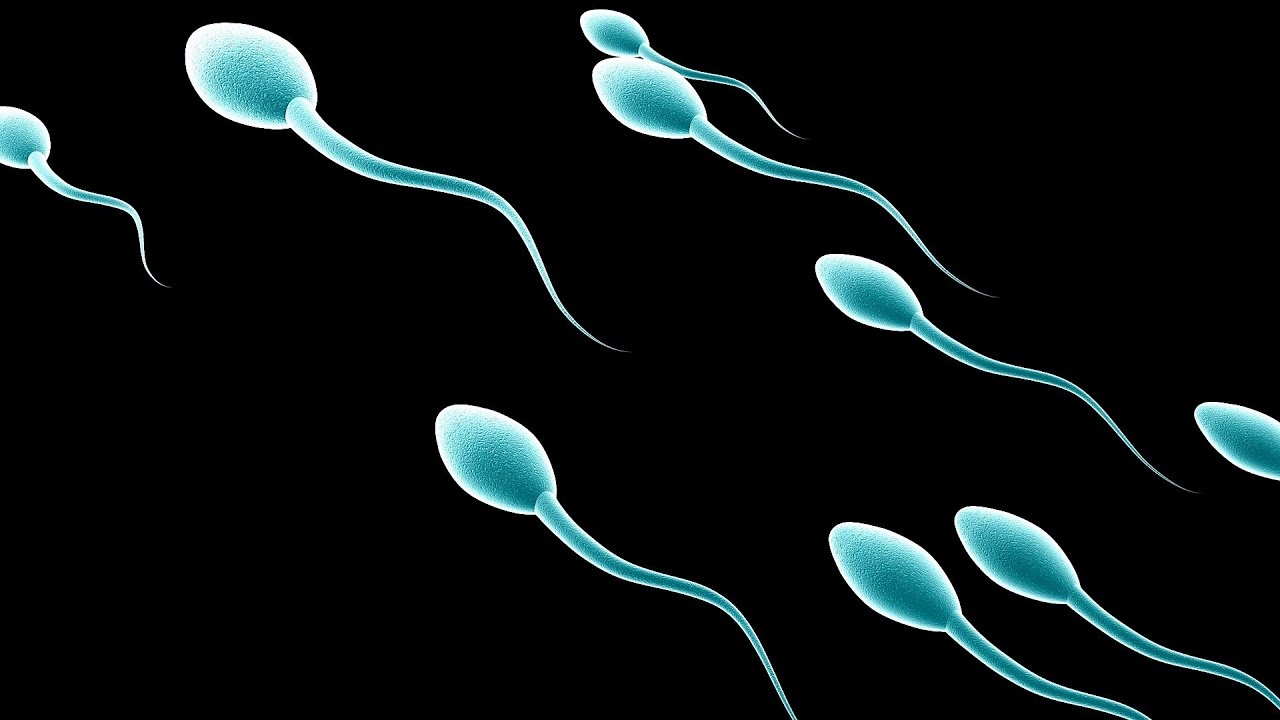







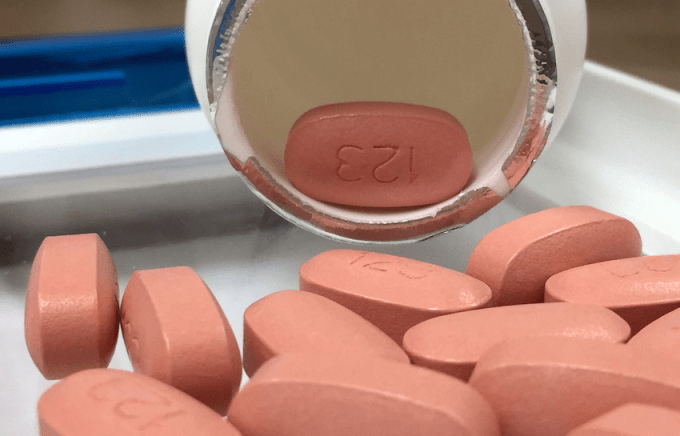
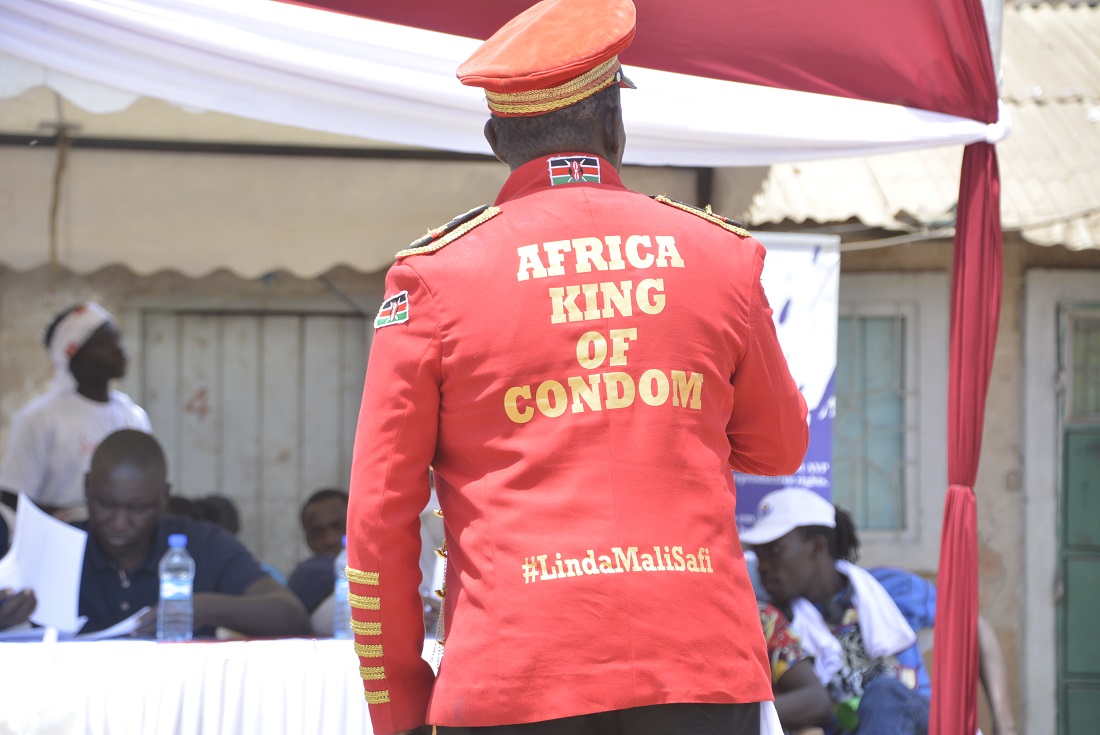
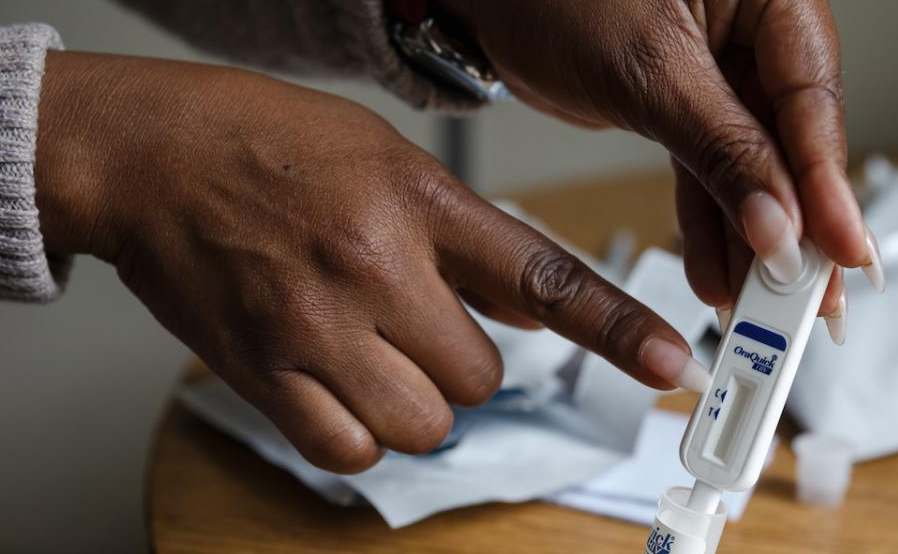
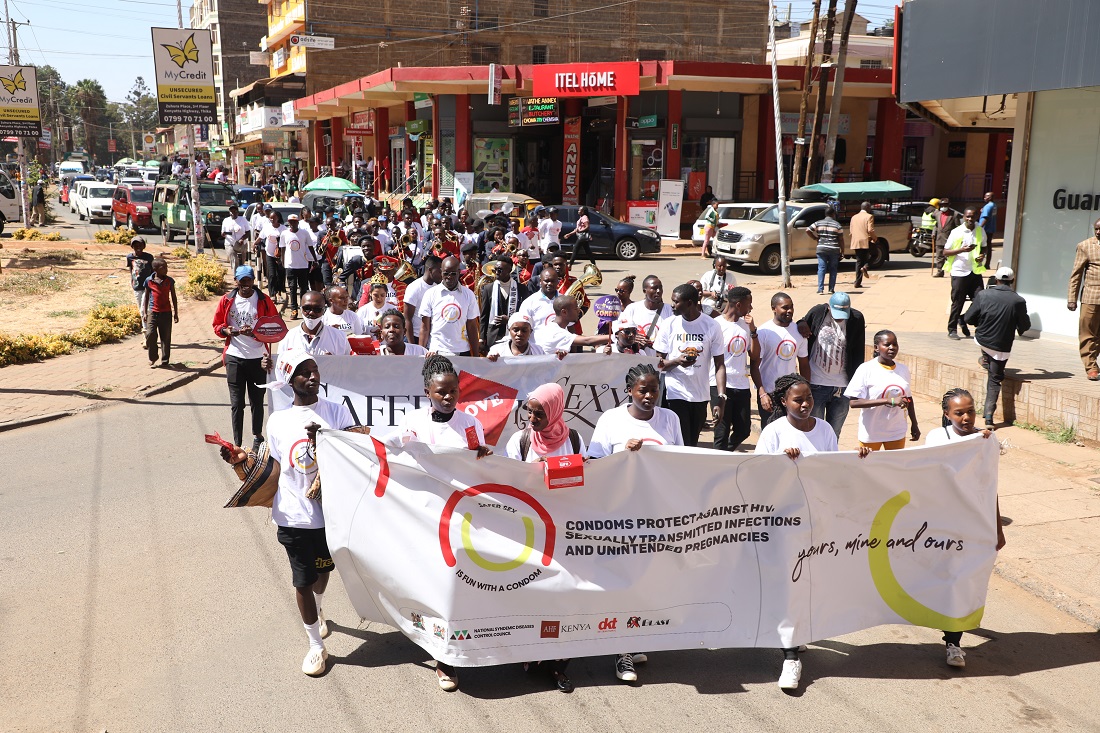
Hey there; I’m Alice .W.Muchunu I like these method because I don’t want my kid to have the blood stream of the guy I’m dating
I can donate for you
I can donate to you can you dm mih on 0789191325
Please contact me I want
Can donate for you,
Your number
Am interested please contact me urgently
0786373873
Can donate for you
I want to be a donor
I want to be a donor
I would wish to be a donor ,how do i locate you,i’m in Nairobi
I would like to undergo this process. My husband and I want a child. How do I get ur information were to come,kimdly givee ur contacts.
Thank you
Lucy Athiambo
0714238712 thank you and hope to hear from you soon
Hi,I want to be a donor if it’s ok with u,you can contact me any time.
I’d be travelling from the UK where I was born, but I wouldn’t want payment for donating my sperm. I’m African Caribbean, no medical ill health, but my British passport would hopefully give a child & mother dual nationality. Maybe partnership.
I can donate although am 40
I want to be a donor
I would love to be a donor
I would love to be a donor
So how do I become a donor
I’m 23 years old.How do I become a donor?
I want to donate
Im 20,want to be a donor
Is there a direct contact for being a donor?
I want to be a sperm donor please contact me am a professional footballer
I want to be a sperm donor how can I meet you
i’m 23 and would love to donate my sperm.i’m handsome with good body physique.
I want to be a donor
im selling my sperm for only 10k it’s very healthly if intrested kindly inbox 0724389950 im from eldoret
I would like to be a donor,who want
I want baby boy twins in that matter need your contacts
Hello am from afamily of twins ..link up 0714655758
I would love to be a donor
I could like to be one of the donors.. Contact+254751540699.and earn that money…
I could like to be one of the donors.. Contact+254751540699.and earn that money… as much as I can…
would like to earn from donating. +254751540699
I want to become a donor
Kelvin lamar 24 years i wanna donate
0714647871 20yrs
I’m 25 years IT student with no health issues record. I don’t do hard drugs nor smoke or drink. I’d like to donate,…contact me at 0711739301 or [email protected]
Name RAJAB I am willing to donate sperm contact 0794309947
Hi am willing to donate +254793900546
Am 21 and am willing to donate
Hallo Im 21 years Old and willing to donate 07074895941
I want to be a donar.am 22. 0745697503
men instead of donating kwa s,bank just chapa kuni , patiana mimba then uruke hiyo story..that is the best donation
Anyone in need of a good looking guy sperm, we could make a business.. 0720561141
ALSO INTERESTED TO DONATE
I would also wish to donate my sperms please reach at 0787620100
I would also wish to donate my sperms please reach at 0711360234
That’s can be a good idea for me when I test all well. How can I reach you.
I can do it as well 0704003069
Nick,Pure Chemistry student…I Want to donate..0700215320 is my number
I would want to donate sperm this week 0704489845
I want to donate …am 25yrs good in health and tall, brown skin with no complications… My number is 0793906244
That’s awesome I may be interested if contacted Iam too healthy
I would like to donate sperms if your looking for someone who can give you a baby boy inbox me +254792402588
Hi want to be adonar my no.0729449332
I would like to donate
I would like to become a donor.
I am a sperm donor
I would want to be a sperm donor
I would like to become a donor,am toll bright and handsome man,totally healthy
I want to be a donor ,my e-mail [email protected]
I need to donate
I would like to be a sperm donor
How much does it cost to do iui .I want a baby
It doesn’t cost much dear….Inbox 0719514952
Want to be a donar
Hi can I have a baby with me
You
Want to donate,holla 0707594575 23yrs
am intrested asap, what is the cost for IUI?
I want to be a donor, how can I find you people?
Would Like to donate good physique and healthy no illness history @0759190999
Hello am in Nairobi how can I become a donor
Hi imAkumu lameck how can I become adonner plz call me
I am a willing donor
Reach me via 0735552563/0722265097
email: [email protected]
I want to be a donor am 26 years old 0726014467
Am evans .. i would like to donate… Am 23 years … 0795369967
Hello for the ladies who would want a child , am glad to be your donor, email me on [email protected] we can have a chat and I can share you my pictures to see what your child would look like. 0742901196
is there any sperm donation banks in mombasa
I want to donate and be compensated. Have no medical issues an MBA degree holder and an accountant by profession. In my midst age. [email protected]
If you need a sperm donor contact me.
Hi I like to donate my sperms
I want to donate for a fee.
NI or AI.
Call.
0739112048
I am very interested in making a donation and help someone get a kid and a new member in their family. I am young and healthy and hoping to get a feed back. Thanks
Am Jack, live in Kiambu. interested to donate. Kindly contact me 0734286679 thnx
Ken from Kisumu. find me on: 0785223600 for sperm donation.
I would like to donate my health is great
I am willing to donate
I want to donate.available in Mombasa and Nairobi.whatsapp +254106213895.
I can donate a kidney.whatsapp +254106213895.
Am stephen from kakamega am willing to donate my sperm,0712794340
I would like to donate am in good health conditions and handsome , 23 years
I would like to donate am in good health conditions and handsome , 23 years
Really then i have more at my refregirator.
I would like to be a donor
I would like to donate sperms at a fee.Am in Nairobi
Hi my name is Francis from Kenya Nairobi current at umoja3 iwant to be a Dona my number is 078340883 or 0795101036
Who need a rasterman sperm I’m here
I stay in ruaka am tail dark and handsome too. you can contact me if you may need a sparm doner:0741476277
I would like be a sperm donor,am brown short but not that short..I have black so lovely I only need to pay my rent by Sunday call me immediately..0752340364 that my WhatsApp no..am from kiambu..
I would like to donate sperms at a fee
I want to be a donor
Am Francis Gogo from Jumuri estate Nairobi am willing to be a donor can you please contact me on +254793944441
Thanks you if my request will be considered on🙏
I can donate everything in need for cash….. am a strong man,25yrs old
Sperm donation the best quality and strong ones whatsapp 0719514952
I would like to be one of the donars
I would like to donate sperms at a fee.Am in s good health.Age 29 No 0715218572
I want to be a donor.. I stay in kisumu but the process of coming to Nairobi is No. 0700781887
Can be a donor am ready
Hello
I would like to Donate
I want to be adonor
I am seriously need to donate my sperms to help someone somwhere,i can donate as much as one wants, what i need is money, any one interested, am located in Homabay county, contact me through:0720660186 or [email protected] lady feel free to contact me, am a gently in need of money.
Am stephen from kakamega am ready to give out sperm for money,call,0712794340,sms also.
Im 23 yrs old willing to donate my sperms… Anyone willing for sperms contact my no 0704338797
Am hereby willingly to donate my sperm any day anytime as per require by anyone who is ready, just as per compensation take order, im 32yrs im in Ongata Rongai kajiado county, well body and healthy too.
i want to be a donor
reach out to me on [email protected]
or call me on +254702125751
a university student
Wwwuueh 😅😅😂😂😂😂😂😂😂men are very broke😂😂😂
Any one who needs sperms I am willing to donate contact me 0757795798
I can donate for someone…
i wanna donate thesperm for free i need no money on helping people .because i know how it feels to be not having a baby or dying without a baby it is so sad.anytime contact 0705184668/0780326318
Iwant to donet please am serious minus jocks
My number is 0791152552 am at Nairobi Kangemi
I want to be a donor plz number 0740502322
i will donate for cash NI only call 0768818566
Am Kevin Omondi and seriously ready to donate my sperm
My numbers are 0717250432______0717879377
Hello am chrispine Am willing to donate My sperm for cash am very healthy interested to contact 0791796113
I want your contact
I would like to donate
I can donate
Am willing to donate please if interested contact me
0705379370
I would like to donate am 28years old
My number 0741351168
Brian here from Egerton,..I have height of 178 cm dimples,cute..no health issues,im yet to know my blood groups but so willing to donate my sperms
0745133491
Hey am kevin am willing to donate my sperms my number is 0799478593
Hello, I would like to donate my semen.+254792892000
Hello am John and I want to donate sperm
My name is Joshua David and I would want be a sperm donor. My number is 0707159541
Hello I am interested I want to be donor
Dm my number 0722258187
27… I’m a boxer,n a first timer in donation….link me up [email protected]
I want to be a donor within NRB,any one we do a business
0797150694
I can donate n compensated
Am a tall dark and handsome guy fairly masculine by birth and wish to be a donor . Am very healthy of blood group O
Can I donate to you?
0785607488
Am 23 at Nairobi with mature sperms …kindly DM if in am hardsome
0708102326 am at Nairobi with mature sperms …kindly DM if In need
I’m 22yrs old with no Health issues and I can donate sperm as soon as possible. Reach Via 0717025212.or Email: [email protected]
I can donate, reach on 0734880041
Am a 21yr old with no health issues. For donations contact 0794241251
Would like to donate
I would like to donate my semen
I want to be a donor am 23years old my contact 0112091412 or 0769672709